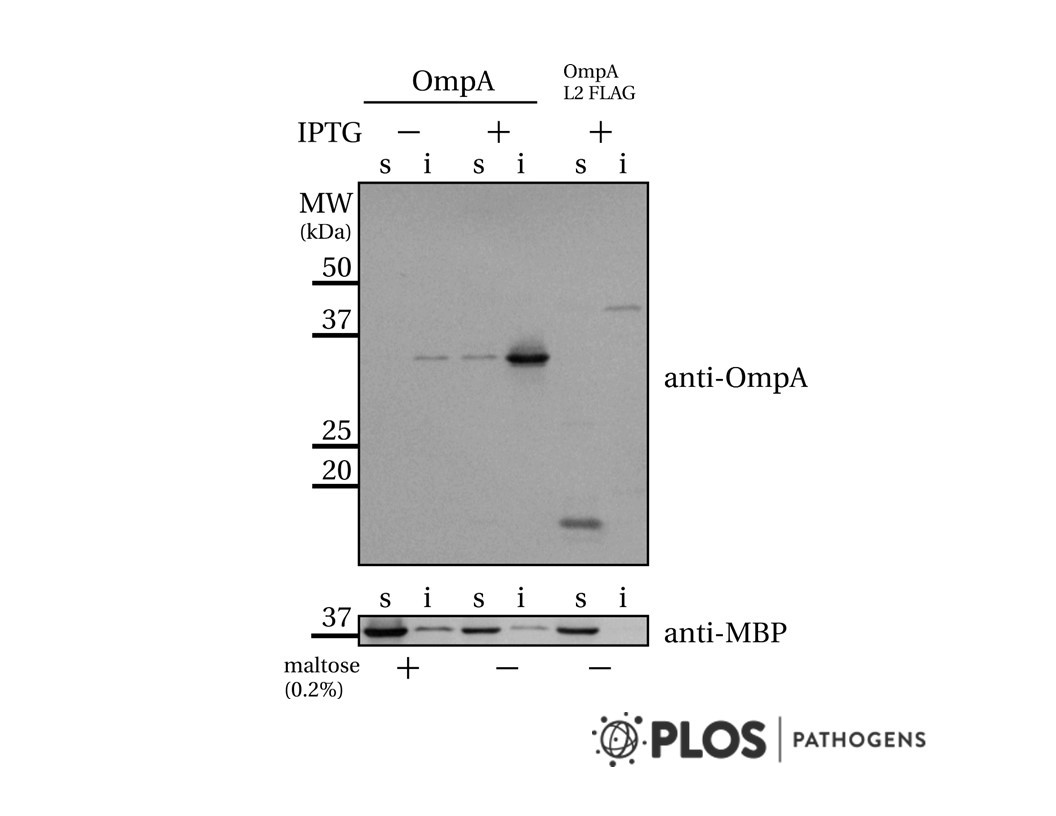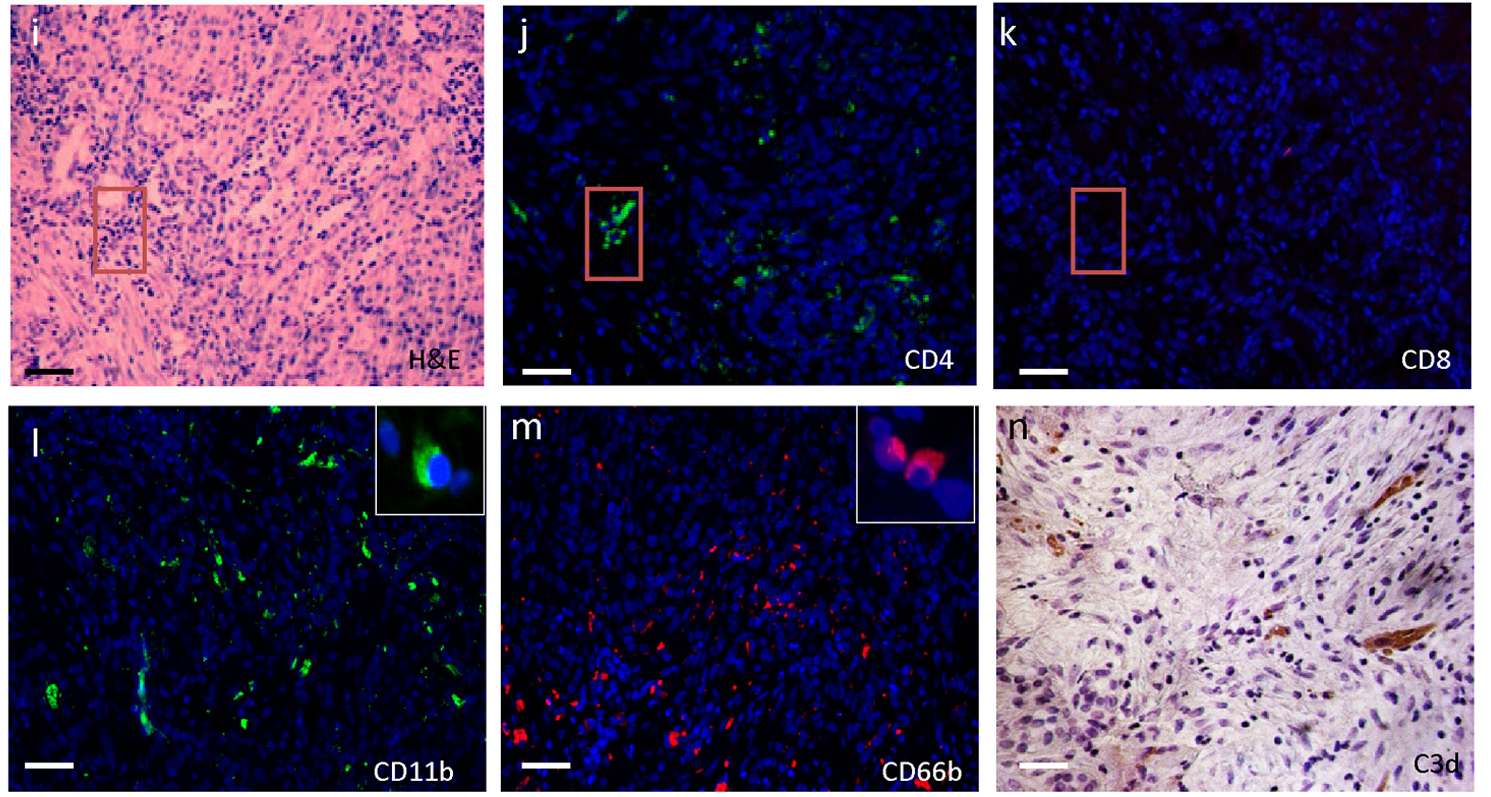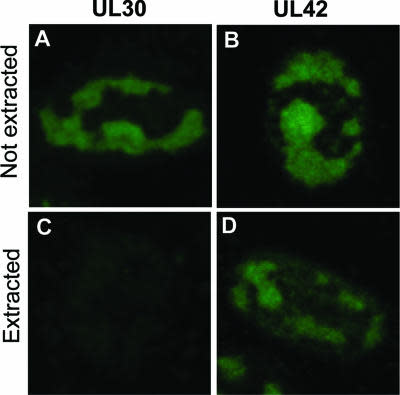
Cat. #152734
Anti-APC11 [CRQ1.1]
Cat. #: 152734
Sub-type: Primary antibody
Unit size: 100 ug
Availability: 3-4 weeks
Target: APC11, Cyclosome subunit 11
Class: Monoclonal
Application: WB
Reactivity: Human
Host: Mouse
£300.00
This fee is applicable only for non-profit organisations. If you are a for-profit organisation or a researcher working on commercially-sponsored academic research, you will need to contact our licensing team for a commercial use license.
Contributor
Inventor: Jonathon Pines
Institute: University of Cambridge
Tool Details
*FOR RESEARCH USE ONLY (for other uses, please contact the licensing team)
- Name: Anti-APC11 [CRQ1.1]
- Research fields: Biochemistry;Cell biology
- Clone: CRQ1.1
- Tool sub type: Primary antibody
- Class: Monoclonal
- Purpose: Marker
- Conjugation: Unconjugated
- Reactivity: Human
- Host: Mouse
- Application: WB
- Description: The anti-APC11 antibody, clone CRQ1.1 has been raised in mouse against the C-terminal portion of APC11 and it reacts with human. APC11 is the catalytic subunit of the anaphase promoting complex/cyclosome (APC/C), a cell cycle-regulated E3 ubiquitin-protein ligase complex that controls progression through mitosis and the G1 phase of the cell cycle. Specifically, Apc11 acts as an E3 enzyme and is responsible for recruiting E2s to the APC and for mediating the subsequent transfer of ubiquitin ...
- Immunogen: C-terminal peptide - CRQEWKFKE
- Isotype: IgG2a
- Recommended controls: Hela cells
Target Details
- Target: APC11, Cyclosome subunit 11
- Tissue cell line specificity: Mouse
- Target background: The anti-APC11 antibody, clone CRQ1.1 has been raised in mouse against the C-terminal portion of APC11 and it reacts with human. APC11 is the catalytic subunit of the anaphase promoting complex/cyclosome (APC/C), a cell cycle-regulated E3 ubiquitin-protein ligase complex that controls progression through mitosis and the G1 phase of the cell cycle. Specifically, Apc11 acts as an E3 enzyme and is responsible for recruiting E2s to the APC and for mediating the subsequent transfer of ubiquitin ...
Applications
- Application: WB
Handling
- Format: Liquid
- Unit size: 100 ug
- Storage buffer: PBS with 0.02% azide
- Storage conditions: -20° C
- Shipping conditions: Dry ice
References
- Sedgwick et al. 2013. EMBO J. 32(2):303-14. PMID: 23288039.
- Mechanisms controlling the temporal degradation of Nek2A and Kif18A by the APC/C-Cdc20 complex.


![Anti-CAR Whitlow Linker [1C3C3]](https://cancertools.org/wp-content/uploads/Figure-6-Kimble-et-al.-J-Immunother-Cancer-2025-300x322.jpg 300w, https://cancertools.org/wp-content/uploads/Figure-6-Kimble-et-al.-J-Immunother-Cancer-2025-280x300.jpg 280w, https://cancertools.org/wp-content/uploads/Figure-6-Kimble-et-al.-J-Immunother-Cancer-2025-954x1024.jpg 954w, https://cancertools.org/wp-content/uploads/Figure-6-Kimble-et-al.-J-Immunother-Cancer-2025-768x824.jpg 768w, https://cancertools.org/wp-content/uploads/Figure-6-Kimble-et-al.-J-Immunother-Cancer-2025.jpg 1193w)



